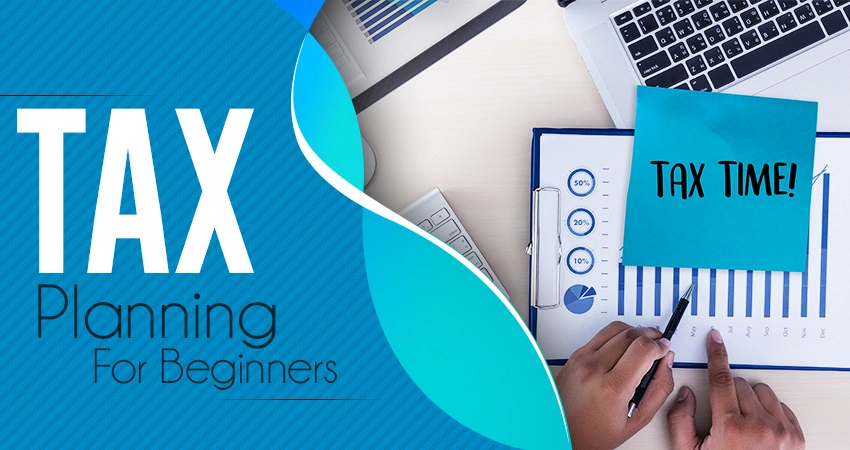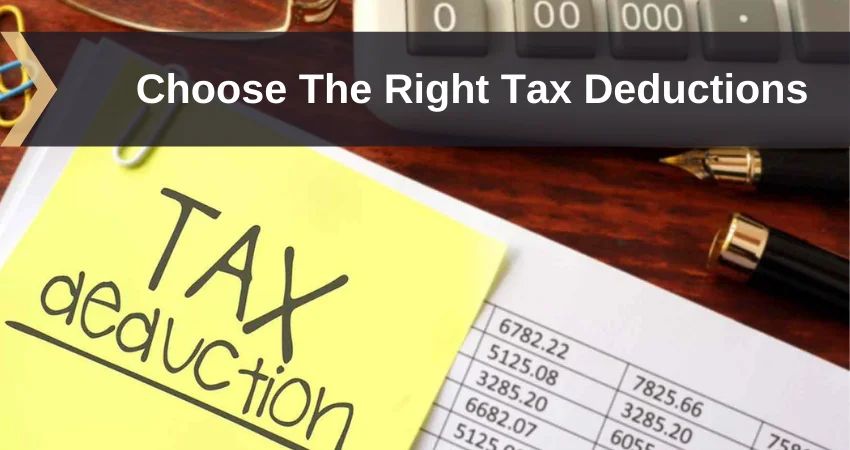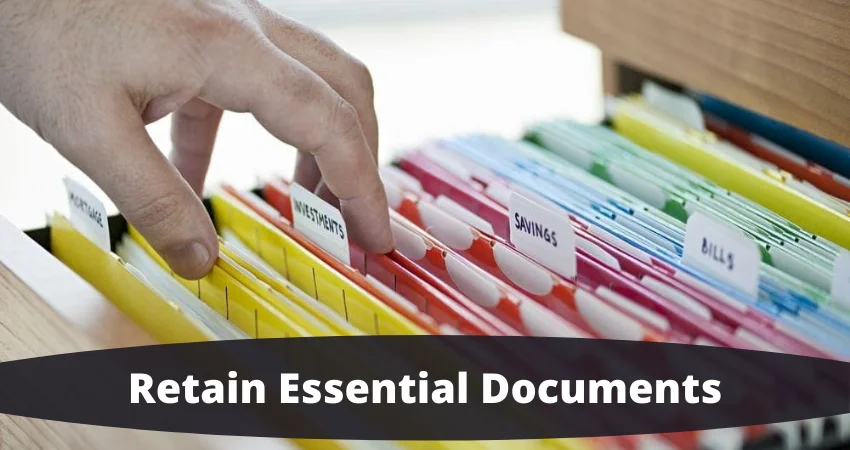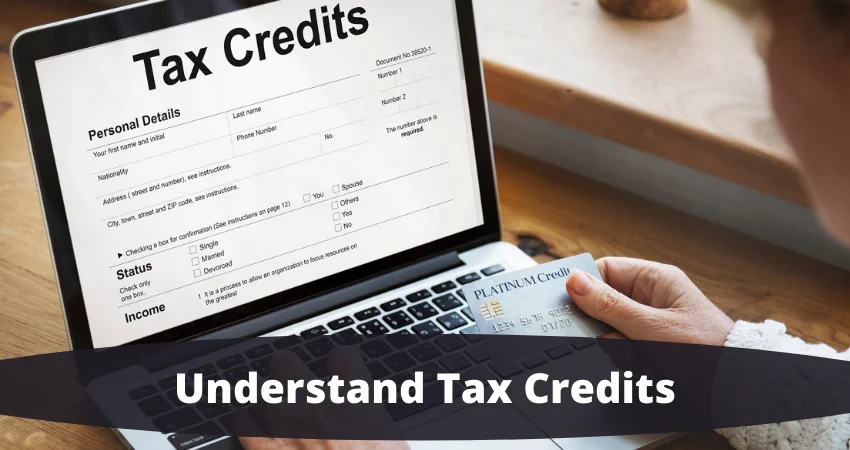401k Retirement Plan Guidelines: Everything You Need To Know

A 401k retirement plan allows high-level employee pre-tax saving with options for employers to make contributions, all professionally managed and administered.
Do you have any retirement program? It is one of the basic questions that prospective employees ask their future boss.
The 401k retirement plan has morphed from a fringe benefit to a name brand retirement plan. If it’s not being offered, your employees know it, your new talent is searching for it and it can be an important aspect of your compensation package.
Setting up guideline 401k for the very first time may seem quite daunting. But implementing it can be flexible based on your business needs.
Many may be surprised to learn there are low-cost options to starting the plan.
Schedule A Consultation Today!
What Are Tax Benefits And Pre- Tax 401k Contributions?

Employers started offering 401k plans around 1978. While the main gist is that you put money into this plan pre-tax, it helps you understand how the contributions work.
Normally, when you earn money as an employee, you have income taxes with held on the money you earn.
The future benefits 401k plan allows you to avoid paying income tax in the upcoming year on the amount of money that you put into the plan.
The amount you put in is known as salary deferral contribution as you have chosen to defer some of the salaries you earn. Now, put it in the tax planning, and save it so you can spend it in the retirement years.
What To Know About Roth 401k Contributions (After Tax)?

Many employers also offer the option to put in Traditional Roth small business 401k options. With this Roth contribution, allowed in 2006, you don’t get to reduce the earned income by the contribution amount.
But all funds grow tax-free and when you take withdrawals in retirement, you get to take all of the withdrawals tax-free.
Related Article: Legal Ways To Pay Less Tax and Save More
Which Is Better Pre Tax Or After-Tax?

As the rule of thumb, you want to make pre-tax contributions to your account during these years where you earn the most, which usually occurs in the middle and late stages of your career.
Make your Roth contributions during years where your earnings and tax rates aren’t as high since you will use after-tax dollars. Low earning years often occur during the initial stages of the career, during years of half payment, or during a phased retirement where you work part-time.
Finally, there are several additional rules that intuit payroll 401k plan needs to follow to determine who’s eligible when money can be paid out of this plan.
Contact Us Today:
Locations:
Tax Planning For Beginners- Some Key Principles For You

Tax planning involves assessing the financial situation from the taxpayer’s perspective. It helps reduce the money that you owe the government. The goal is taking that money and choosing financial options for promoting tax treatments.
Do it through proper planning, including strategizing, timing, leveraging tax-advantageous vehicles, and more. Let us check out some basic principles for the benefit of individuals and small business owners.
Schedule A Consultation Today!
Estimate The Total Income

The first step in income tax planning is determining how much money you have or expect to earn for that calendar year. For anyone working as an employee, the primary source will be the W-2 that the employer will send within January 31. You even have various 1099s for miscellaneous incomes.
Take Time For Financial Transactions

Simple Tax planning strategies for high income earners to reduce tax liability is this: defer revenue, accelerate expenses. What in the world does this mean?
It is most useful for businesses with high revenues and expenditure. It holds for individuals.
While maximizing retirement benefits may seem like a bonus, business owners can get into the action. If you have any extra income, set up a 401(k) in your business for the employees and yourself.
There are many plans for small businesses, such as IRAs, SEPs, and more.
Some amount of reading, a little common sense, and a trusted financial advisor can go a long way to help reduce the tax bill.
Choose The Right Tax Deductions

For financial planning tax deduction, you have two deduction options: standard tax deduction and itemized tax deduction. You may only choose one every year.
With the changes of the Tax Cuts and Jobs Act of 2017, voted on December 22, 2017, and effected for the upcoming tax year, this area has changed.
Schedule A Consultation Today!
Retain Essential Documents

As you have seen, as a new business owner, you will need a financial statement filing for tax returns. Whether filing a Schedule C or a business tax return, it is essential to retain all the financial records. These include bills, invoices, receipts, slips, and other documents related to money transactions.
Business owners should keep copies of their previous year’s tax returns for three years after filing. It is usually the statute of limitation for the IRS to audit the return or for you to amend the return.
Team Up With Professionals

It is difficult going ahead with business tax planning on your own. For this reason, most experts recommend business owners get help with preparing for tax season from an experienced accountant.
Even individual filers with complicated investments, deductions, and contributions must consider getting expert assistance.
Understand Tax Credits

Tax credits are government sponsored form of tax assistance. Unlike deductions, these credits lower the tax liability.
It makes them superior savings options to reduce the tax burden- assuming you qualify. Individuals can take advantage of many tax credits.
Finally, the key to America tax plan for new businesses lies in knowing what to do to streamline tax planning.
Contact Us Today:
Locations:




